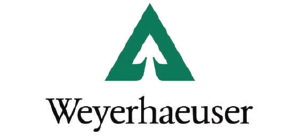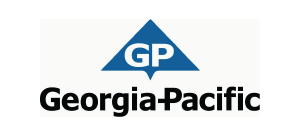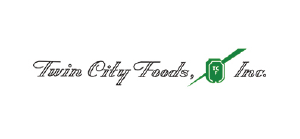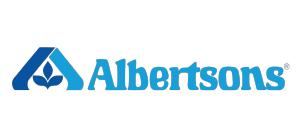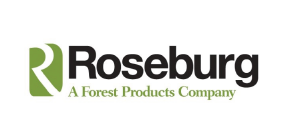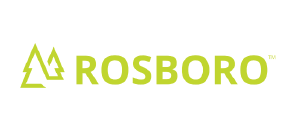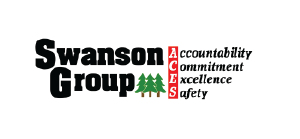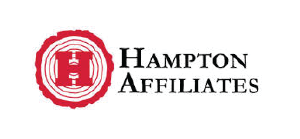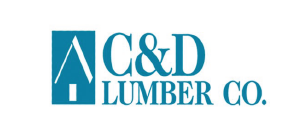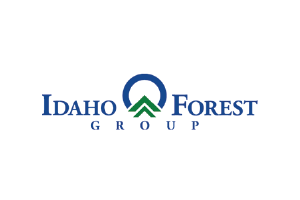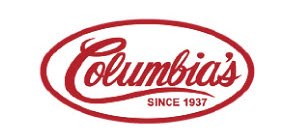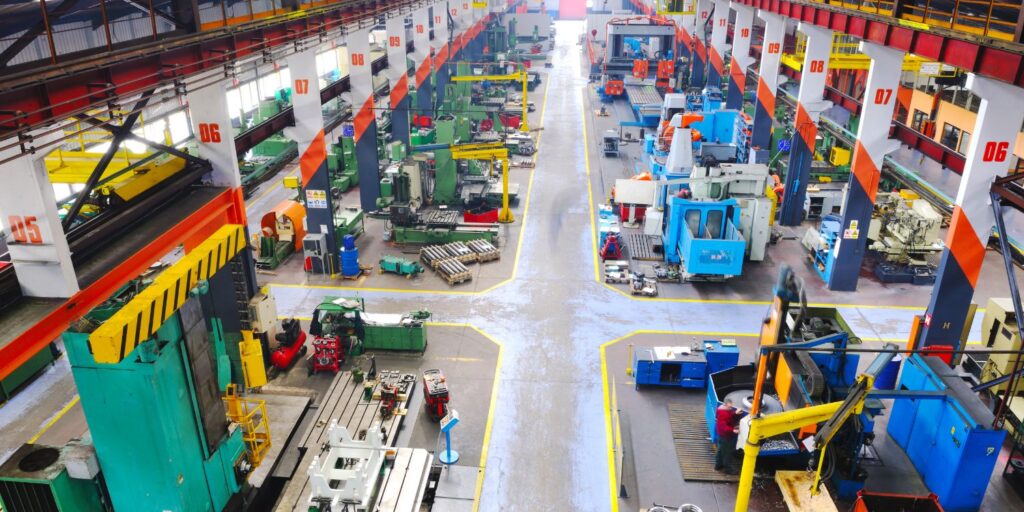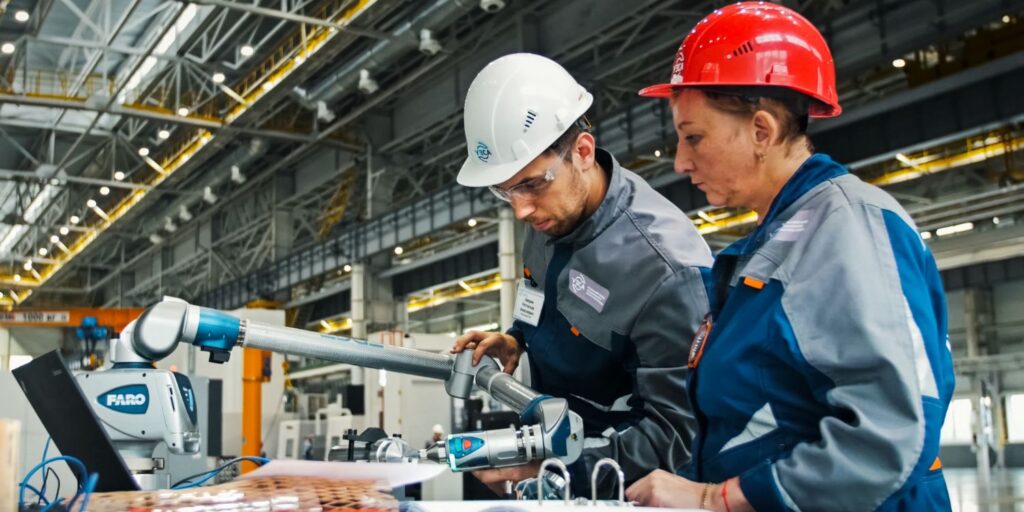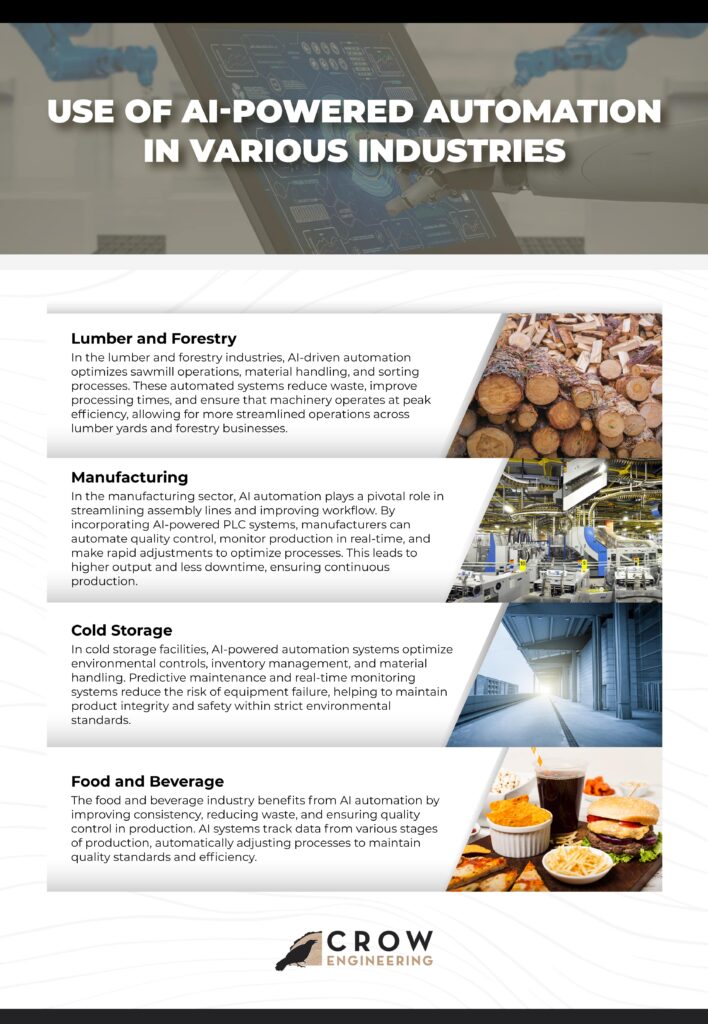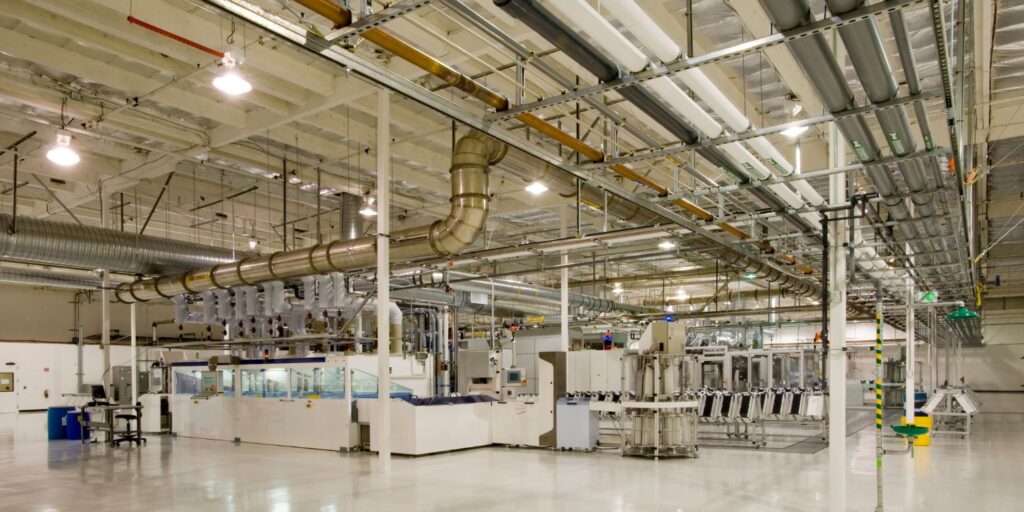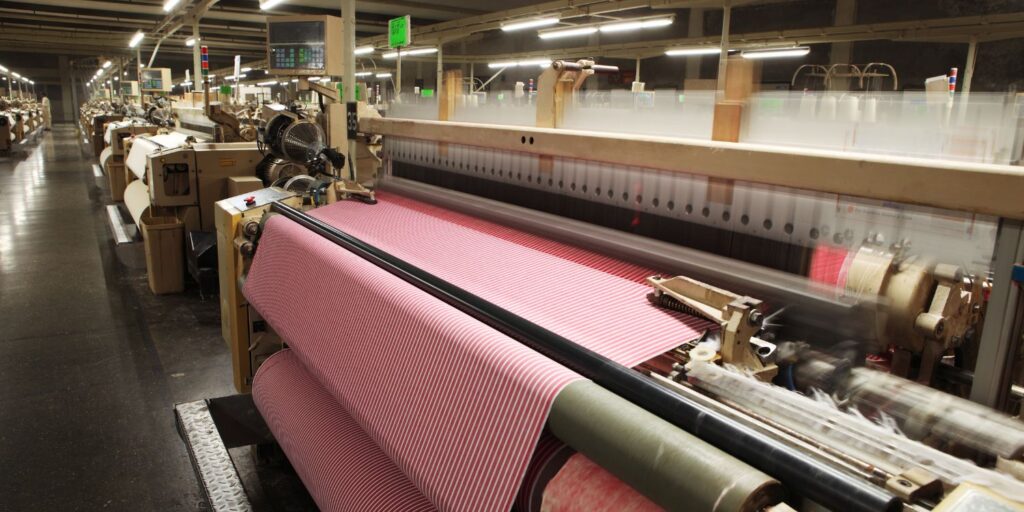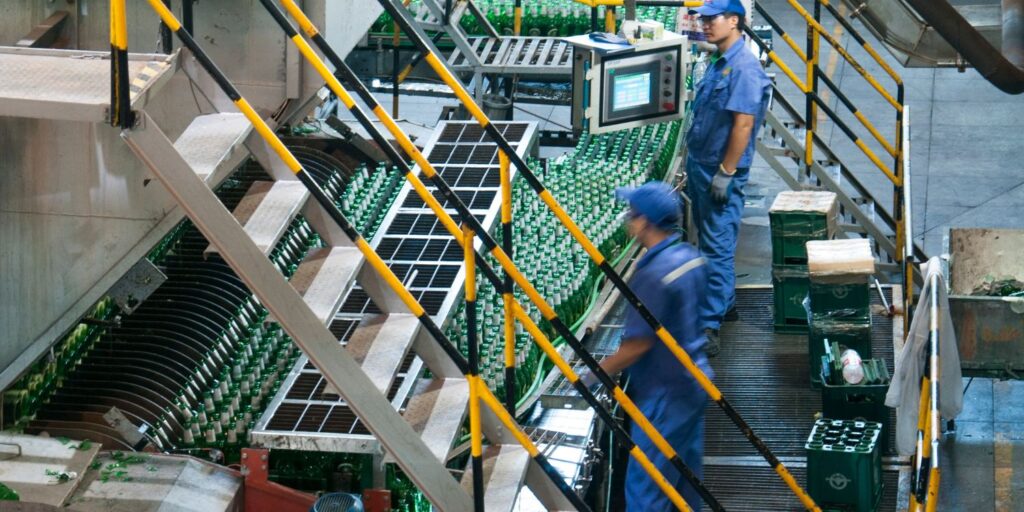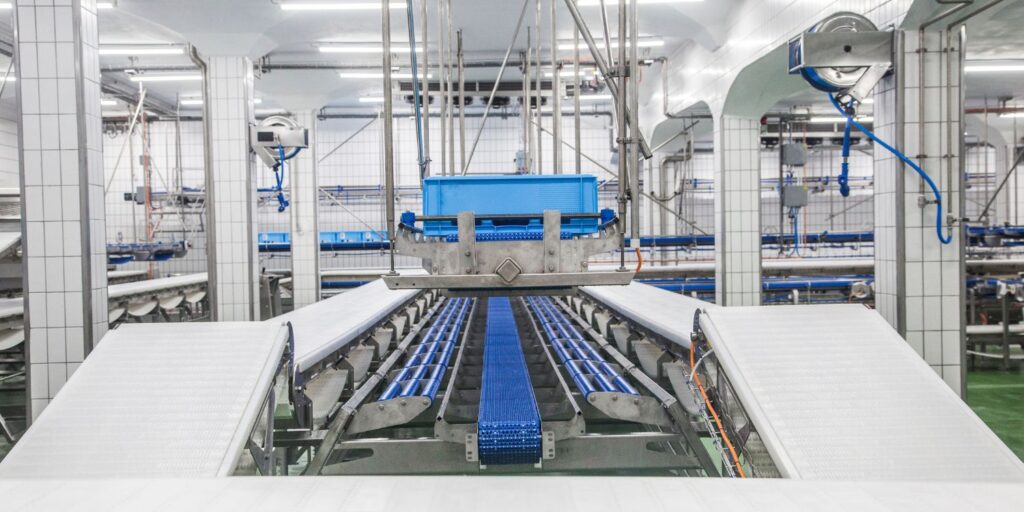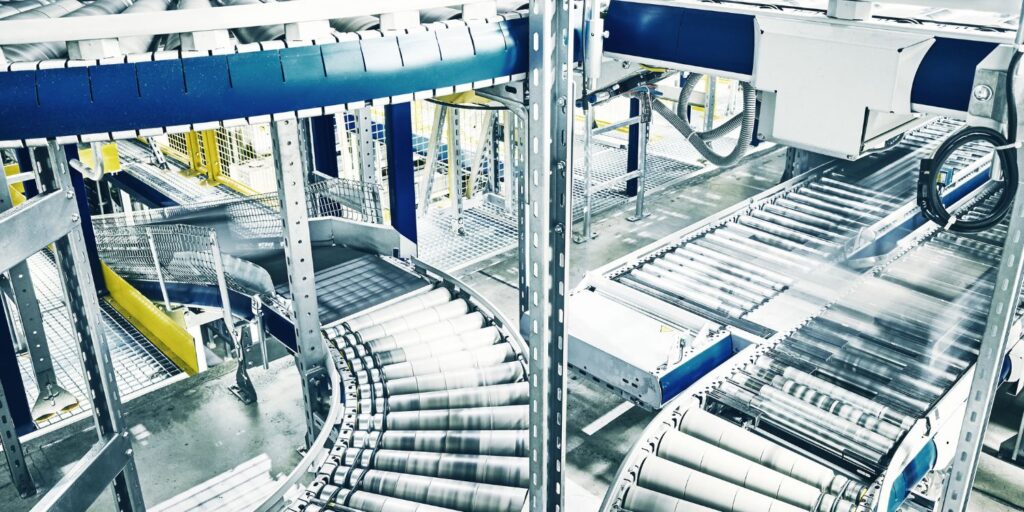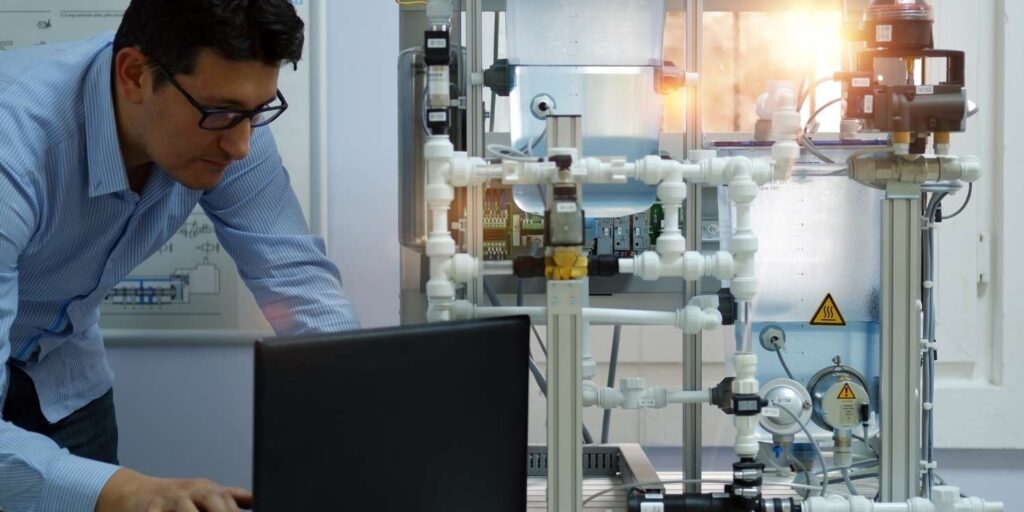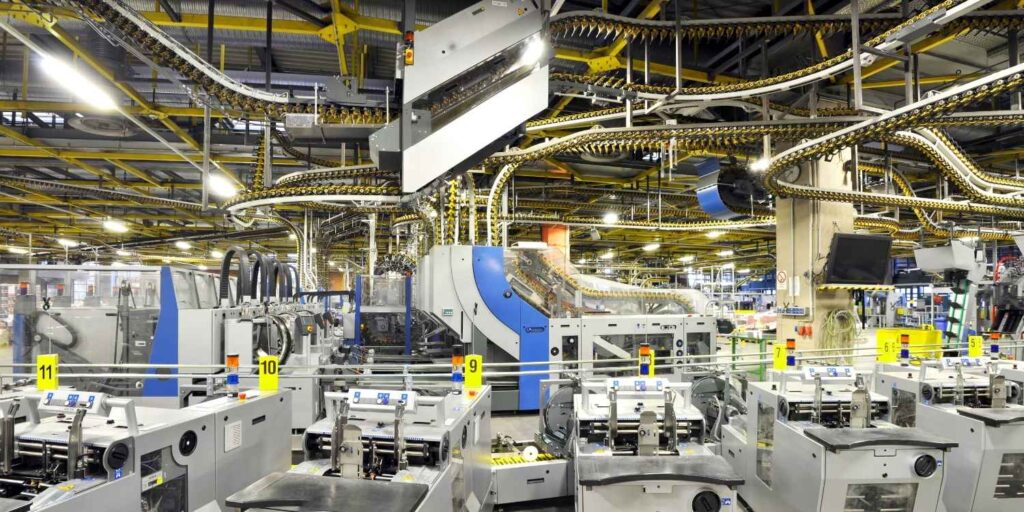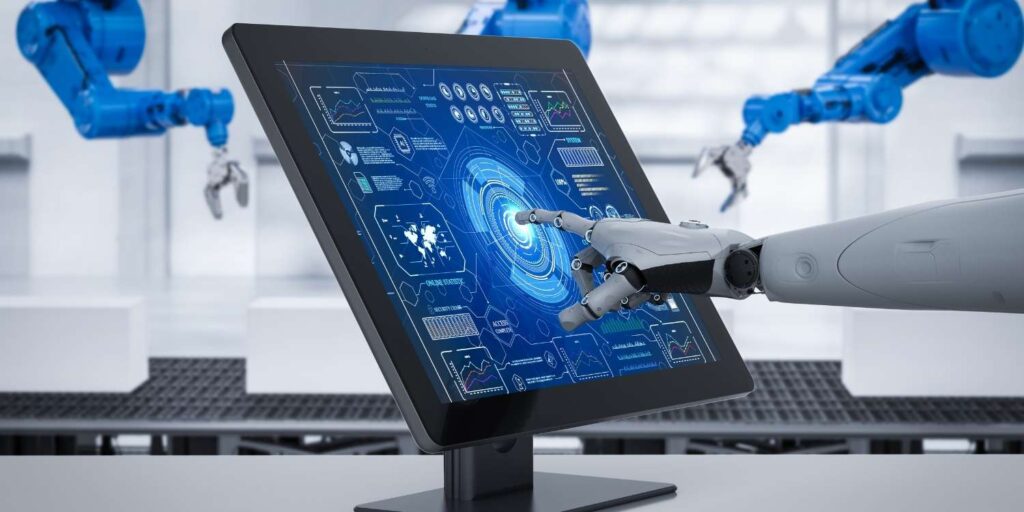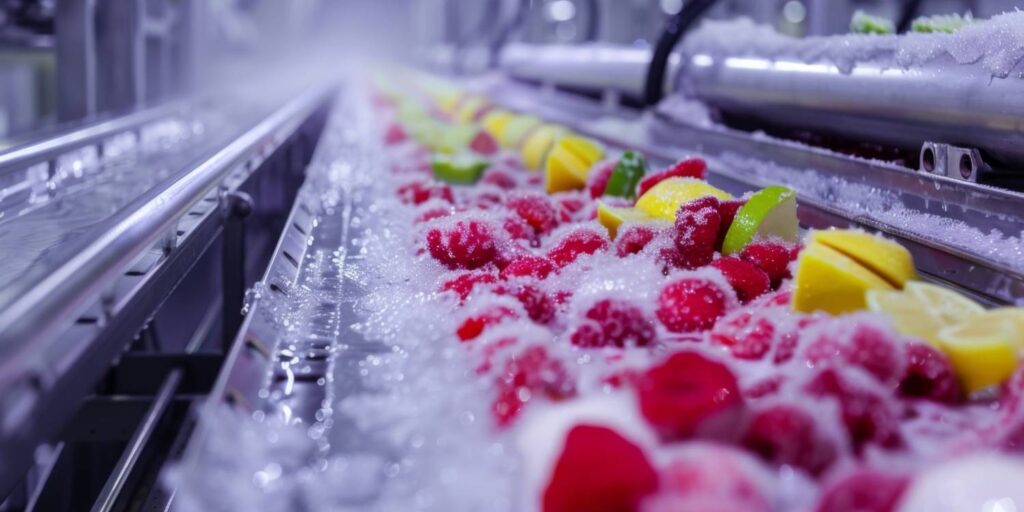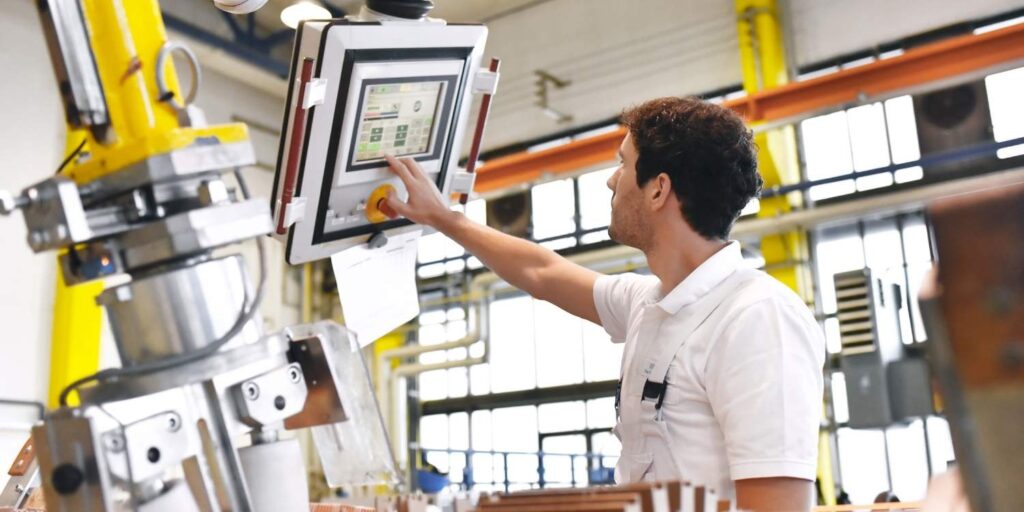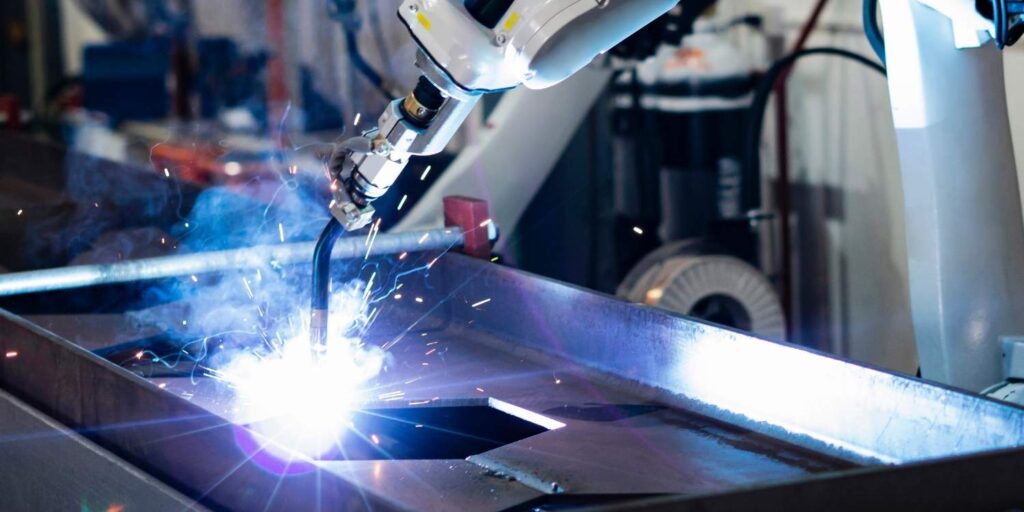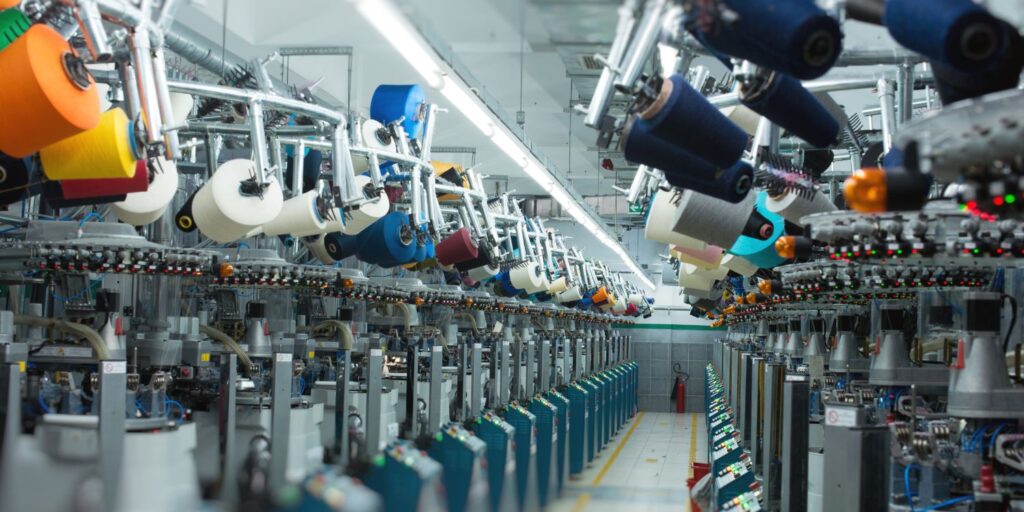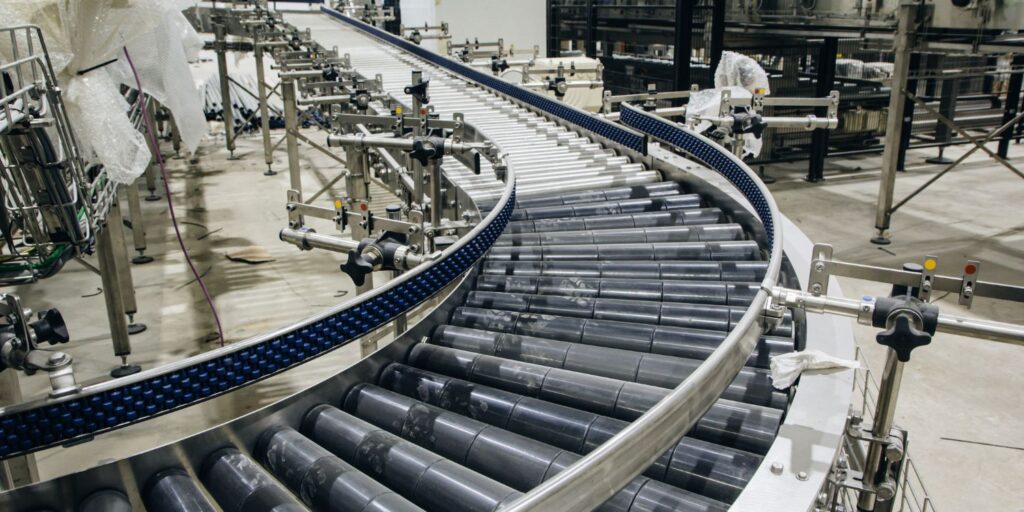A Risk Based Inspection (RBI) is a risk analysis of operational procedures for a plant or facility. Other three- and four-letter acronyms tend to be associated with RBI – including Risk Based Asset Management (RBAM), Risk Based Integrity Management (RBIM), Risk Based Management (RBM), and Risk and Reliability Management (RRM).
As should be abundantly clear, the main theme here is “risk” – and at Crow we offer a range of services to help you minimize that risk. The focus is on safety and plant integrity. Minimizing associated risk has multiple benefits. It helps you maintain compliance and avoid fines with regulations from OSHA and elsewhere. It also helps to ensure plant uptime by identifying potential issues before they cause problems – and addressing them without interrupting operations.
At Crow, we help you realize these benefits with proactive RBI services. It starts with a Crow compliance expert visiting your facilities to acquire information and assess initial safety conditions. After analyzing the findings, we produce drawings that address open issues with the goal of achieving full protection and a safe working environment. You also get full documentation regarding measures and recommended procedures that comply with known standards, codes, and best practices.
So, why Risk Based Inspection?
For more information or to schedule an RBI,
please call (503) 213-2013 or email us at inforequest@crowengineering.com.
Who are we?
Crow Engineering is a multi-discipline consulting engineering firm serving mechanical, structural, and civil engineering needs for a variety of industries.
Engineering Services
the crow connection
Recent News
The Crow Connection delivers high-level insights on engineering, automation, and process optimization, helping you drive efficiency and innovation. Covering topics like AI-powered automation, manufacturing strategies, and industrial process improvements, it’s a must-read for leaders seeking a competitive edge.

